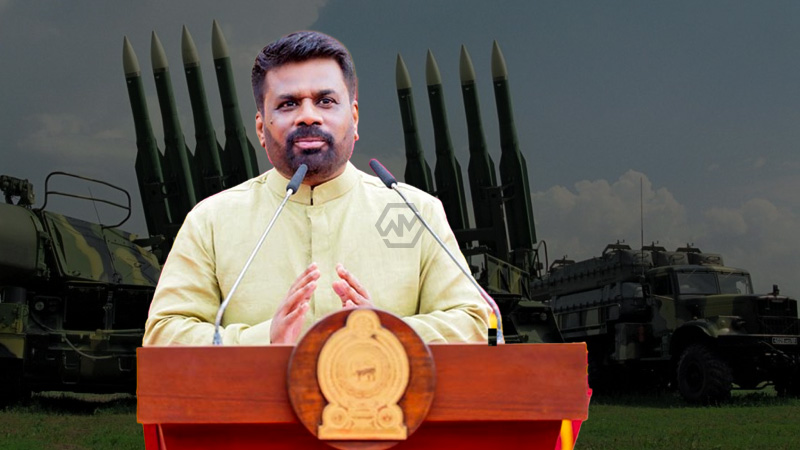- Sri Lanka opts to upgrade its Kfir fighter jets instead of purchasing Tejas MK1 from India.
- The $49 million upgrade deal with Israeli Aerospace Industries raises concerns in India.
- This move comes despite India’s longstanding support for Sri Lanka during its crises.
Sri Lanka’s decision to upgrade its Kfir fighter jets with Israeli Aerospace Industries, rather than proceeding with a purchase of India‘s Tejas MK1, has caught many by surprise.
This decision comes at a time when Sri Lanka’s relations with India are crucial. This is due to the historical, cultural, and strategic ties between the two countries.
Sri Lanka Turns to Israeli Aerospace for Fighter Jet Upgrade, Leaving India Disappointed
Sri Lanka has taken a significant step in modernizing its air force by opting to upgrade its existing fleet of Kfir fighter jets. Instead of acquiring new jets from India or China, the $49 million deal with Israeli Aerospace Industries has raised eyebrows. Sri Lanka had previously shown interest in India’s Tejas MK1 fighter jets. This unexpected move signals a shift in Sri Lanka’s defense policy, leaning toward Israeli technology instead of Indian options.
While Sri Lanka’s Ministry of Defense has expressed appreciation for India’s “unwavering support” during the country’s recent crises, the choice to upgrade with Israeli technology is seen as a break from India’s influence. This decision comes amid ongoing concerns about growing Chinese influence in the region. Therefore, Sri Lanka is balancing its relationships with various international defense suppliers.
The Kfir fighter jets, already in use by Sri Lanka, will now be upgraded with the latest avionics and weapon systems from Israel. This move might also indicate Sri Lanka’s intention to maintain a more independent defense policy. It is avoiding over-reliance on any single country, particularly India, which has traditionally been a major defense partner.
India’s disappointment stems from its long-standing strategic interest in strengthening defense relations with Sri Lanka, especially in the context of regional security. The shift towards Israeli suppliers is seen as an attempt to broaden defense options. However, it also complicates the dynamics of regional geopolitics, particularly concerning India’s influence in South Asia.
Sri Lanka’s decision to turn to Israeli Aerospace for its fighter jet upgrades signals a shift in its defense priorities. This might strain its relationship with India. While Sri Lanka has expressed gratitude for India’s support, this move raises questions about the future of India-Sri Lanka defense cooperation.
“Despite India’s unwavering support for Sri Lanka during difficult times, this decision to upgrade with Israeli technology shows Sri Lanka’s desire for diversified defense partnerships.”



